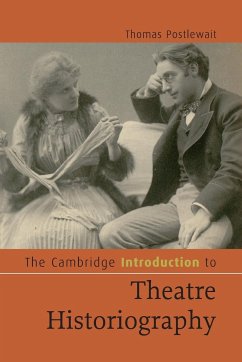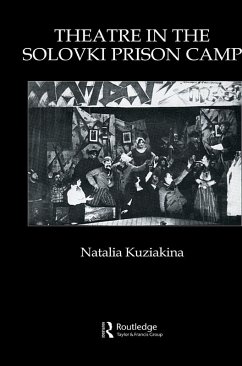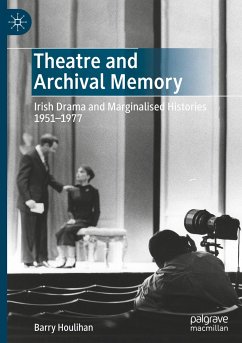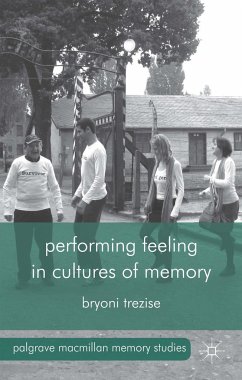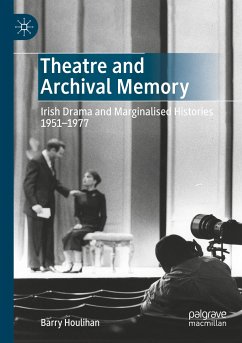
Theatre as a Prison of Longue Durée
Versandkostenfrei!
Versandfertig in 6-10 Tagen
67,55 €
inkl. MwSt.

PAYBACK Punkte
0 °P sammeln!
For over a hundred years a wildly held assumption has ruled the debate on the social composition of theatre audiences. This assumption states that in the period from the late eighteenth century to the Great War (1773 -1914) theatre audience was largely elite, till the French Revolution chased them to opera. The drama performances were sought by petty bourgeois and unskilled labour force, till, in 1870, the re-conquest of the stage by the upper bourgeoisie set in. In this study for the first time a large empirical research is presented to test this 'master narrative'. Based on thorough archival...
For over a hundred years a wildly held assumption has ruled the debate on the social composition of theatre audiences. This assumption states that in the period from the late eighteenth century to the Great War (1773 -1914) theatre audience was largely elite, till the French Revolution chased them to opera. The drama performances were sought by petty bourgeois and unskilled labour force, till, in 1870, the re-conquest of the stage by the upper bourgeoisie set in. In this study for the first time a large empirical research is presented to test this 'master narrative'. Based on thorough archival research from the past twenty years, combined with robust statistical analysis, the conclusion with respect to this still dominant narrative can be short: it is to be fully rejected.



